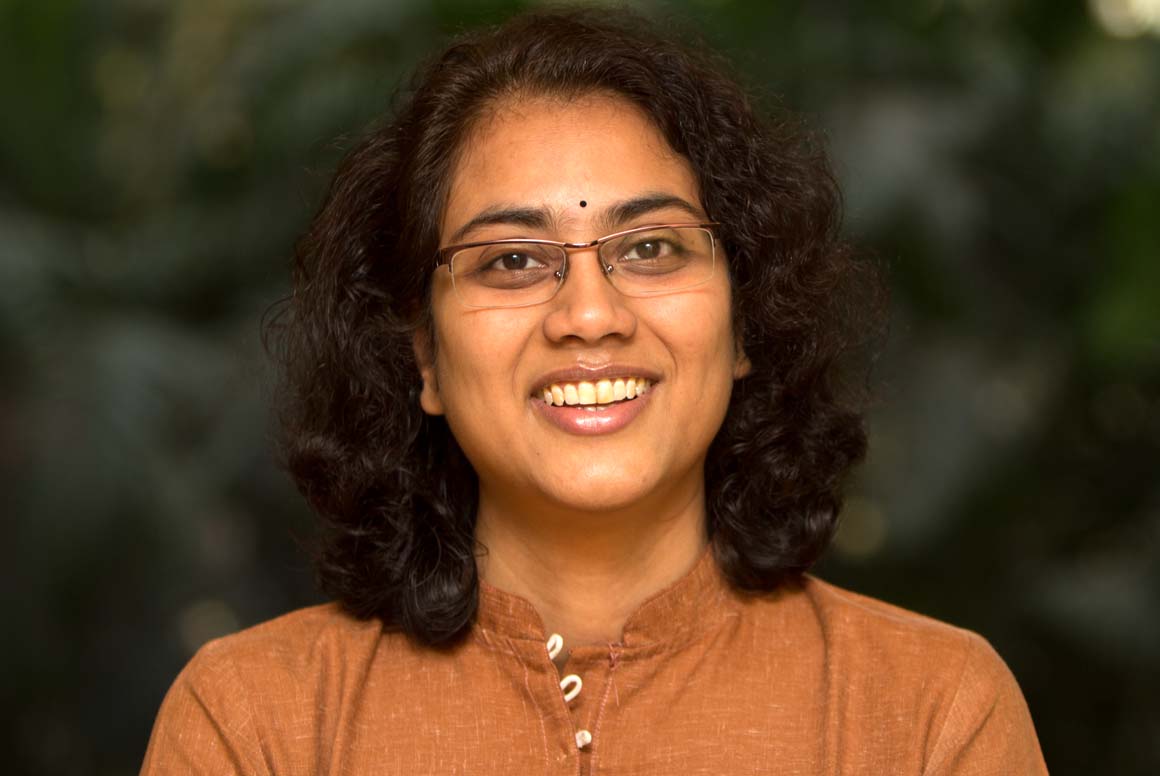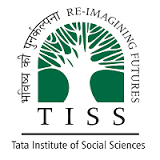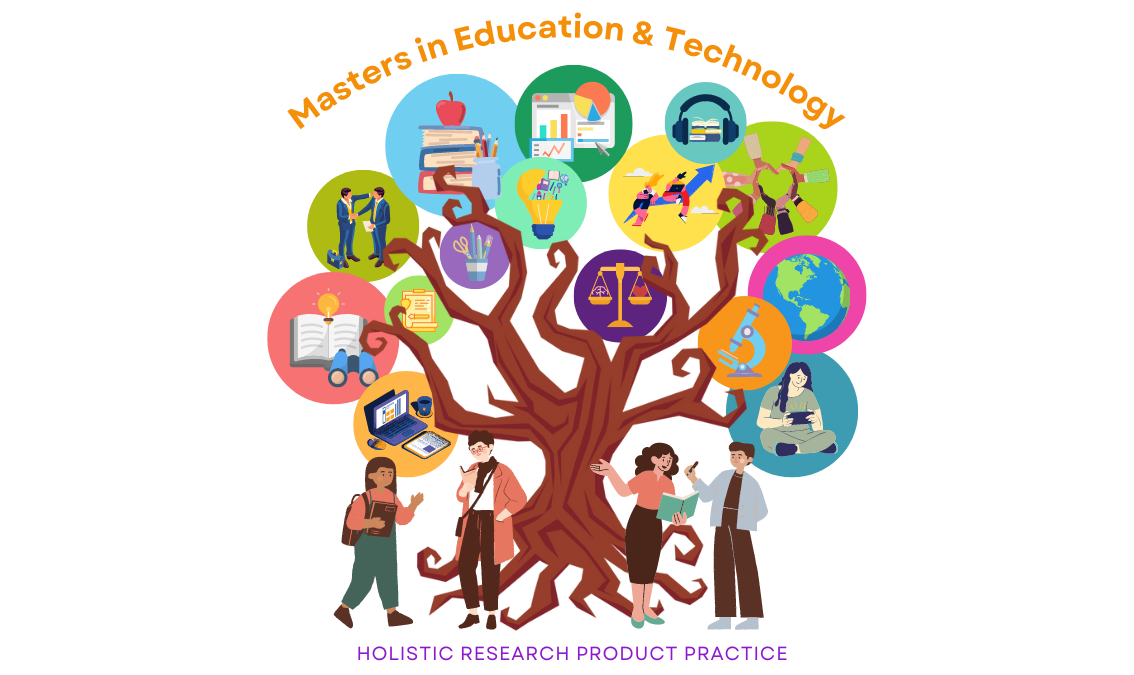
Anusha Ramanathan
Assistant Professor, Centre of Excellence in Teacher Education, TISS
Anusha Ramanathan is currently an Assistant Professor (since August 2021) and earlier worked as Curriculum Consultant (2015-21) in the Centre of Excellence in Teacher Education (CETE) formerly known as the Centre for Education, Innovation and Action Research (CEIAR) at the Tata Institute of Social Sciences (TISS), Mumbai.
She is the Academic Coordinator for CETE's Short Term Programmes. She leads TPD English and coordinates the academic aspects of TISSx, an Open edX-based MOOC platform (see https://www.tissx.tiss.edu/). She is a Co-Principal Investigator for Connected Learning Initiative (CLIx - See https://clix.tiss.edu), a UNESCO and OEC award-winning action research initiative funded by Tata Trusts and co-led by TISS and MIT, USA. She is also the Co-PI and Project Director for Chhattisgarh: Accelerated Learning for a Knowledge-Economy with focus on Teacher Professional Development (CHALK-TPD)
She teaches Language Education, Assessment, Critical Reading and Academic Skills courses across MA Education, BEd-MEd, MA Education for Teacher Educators from Afghanistan programmes. She also designs, develops and facilitates MOOCS and workshops on Assessment, EdTech, Language and Literature, Mentoring Policy and Research.
She, further, conducts and guides research in the areas of humanities, language and teacher education.
Anusha has years of teaching experience at UG and PG levels. She teaches and guides students of MA English, Mass Media and MBA across colleges of the University of Mumbai and other universities. She has worked as a research assistant, course coordinator, content writer, editor, teacher trainer and corporate trainer in her career. She is part of several Boards of Studies and Task Forces and Advisory Committees at the state level.
Her expertise lies in English Language Teaching, English Literature, Assessment and Evaluation, Critical Humanities, technology-based learning and Teacher Professional Development.
She is the India representative at the Asian Association for Language Assessment (AALA).

